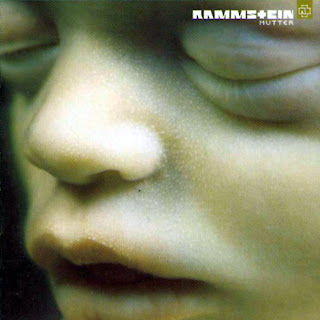A while back, I reviewed the 1897 classic, Dracula by Bram Stoker. Now, I'm taking on a modern vampire story by the master of written horror, Stephen King. This novel, 'Salem's Lot is a very straight-forward chiller but its main power is its engrossing, realistic setting.
Like the vast majority Stephen King's novels, this story takes place in the writer's home state of Maine. It's set in the fictional town of Jerusalem's Lot ('Salem's Lot for short) where nothing interesting happens…until a vampire slithers into the story and starts hunting human prey. Essentially, it's a grittier retelling of Stoker's novel, except it's set in 1970's rural America.
Like the classic story, the plot centers around a team of average people dedicated to slaying a crafty, scheming vampire. Stephen King's cast is much richer than Stoker's, though. Ben Mears, the protagonist, is a novelist struggling to fight his inner demons. He's a man we can root for.
Some other likable characters are Matt Burke the wise schoolteacher, Susan Norton the lively romantic interest, and Mark Petrie, a twelve year old boy who gets caught in this horrific mess.
King has a real gift for crafting a realistic setting with lifelike characters. This story may contain blood-sucking, undead monsters, but we still feel like 'Salem's Lot could happen. King knows rural Maine like the back of his hand and he and paints a vivid picture of small town life -- just so he can tear it down with a barrage of supernatural terror.
The first half of the novel is just a calm ride through the town of Jerusalem's Lot. This is actually not boring. We get to understand town life and get to know its characters. Little touches like the scene where old men argue endlessly over weather give us a strong impression of what it would be like to live there.
Then, all Hell breaks lose when the vampire, Kurt Barlow begins his devilish work. Barlow is rarely seen in the novel (to build suspense) but we do get to encounter his human sidekick, Straker, quite often. They are both intimidating villains with sharp wits, always one step ahead of the protagonists.
'Salem's Lot may be similar to Dracula but it turns up the horror dial a couple notches. It's more graphic with its descriptions of violence and it features a more modern, streamlined writing approach. There are no long, winding passages, only King's sharp and precise style. He creates some genuinely scary scenes like a school bus full of undead children and a terrifying dissent into the vampire's lair.
Are there faults with this story? Well, it was only Stephen King's second novel and he hadn't fully flexed his literary wings yet. The first problem is that, in an effort to make the setting more realistic, he focused too much on minor characters and tiny details. For instance, why did we have to hear about Jerusalem's Lot's petty police force when we could have been reading about Ben Mears' vampire hunt?
Another problem I had was with the ending. The novel builds up to an astounding, gripping climax but then fizzles out. I don't want to reveal anything and spoil the story but the ending feels too vague. We get a pretty rushed, unclear resolution that leaves lots of answers. Still, it doesn't ruin the book. You can't really ruin something as entertaining as 'Salem's Lot.
Conclusion:
'Salem's Lot is a great tribute to Bram Stoker's Dracula and a thrilling modern story. It may not be my favorite Stephen King novel but its realistic setting and characters, excellent prose, and frightening atmosphere make this a great read.
Score:
4/5 Excellent























